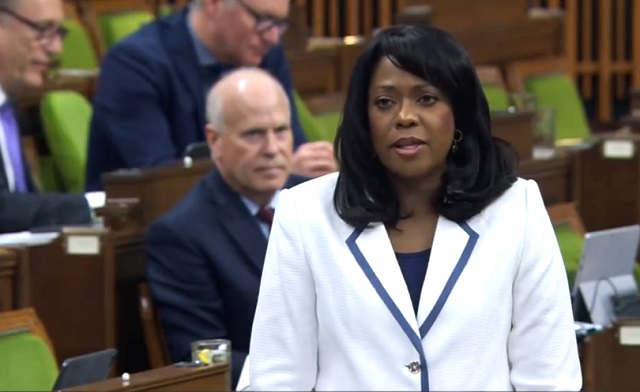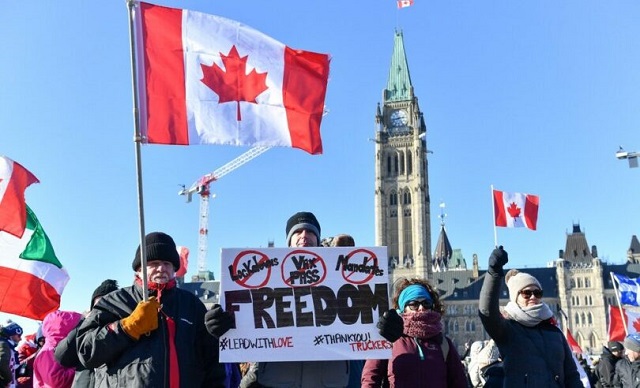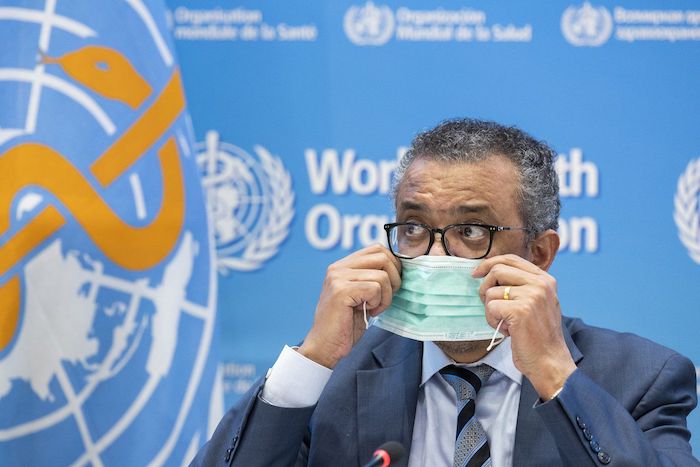Marines in amphibious task force gunnery exercise in the East China Sea.
From The Center Square
By Casey Harper
A Department of Defense official recently reported that in fiscal year 2023, all branches collectively fell short of their recruitment targets by more than 40,000. But that shortfall came even after recruitment targets were lowered significantly.
A coalition of lawmakers is pushing forward the ongoing investigation into just how much taxpayer money Pentagon officials are taking away from national defense and putting toward diversity, equity and inclusivity initiatives.
The Pentagon has been under increasing scrutiny for its focus on DEI, even as the Ukraine-Russia and Israel-Hamas wars continue.
The lawmakers sent a letter to the Defense Advisory Committee on Diversity and Inclusion Chair General (Ret.) Lester Lyles expressing concerns that the focus on DEI was a distraction and was hurting recruitment.
“DoD’s emphasis on diversity and inclusion over mission effectiveness and capability concerns our nation’s national security and safety,” the letter said.
The letter comes ahead of an expected report from that committee on its work for DOD.
Military branches have struggled to meet recruitment goals in recent years. A Department of Defense official recently reported that in fiscal year 2023, all branches collectively fell short of their recruitment targets by more than 40,000. But that shortfall came even after recruitment targets were lowered significantly.
“Stand Together Against Racism and Radicalism in the Services (STARRS), an educational organization that includes retired military members, assembled a study of over one thousand unsolicited comments from military service members, veterans, and their respective families,” the letter said. “Their findings showed that many did not feel comfortable recommending military service because of the DEI policies instituted throughout DoD.”
As The Center Square has previously reported, the Pentagon has embraced an array of equity initiatives, from training on white privilege to guidelines on gender pronouns. Recently, the DOD asked for more than $100 million just for DEI initiatives, sparking backlash.
House Oversight Subcommittee on National Security, the Border, and Foreign Affairs Chairman Glenn Grothman, R-Wisc., and House Armed Services Subcommittee on Military Personnel Chairman Jim Banks, R-Ind., led other Republicans on the letter.
The lawmakers want a full explanation of what the DEI efforts at the Pentagon are, in detail.
“The Subcommittee remains concerned that under the guise of DEI, promotions are being rewarded based on sex, gender, ethnicity, and race at the expense of merit,” the letter said.
The lawmakers expressly called for transparency in the upcoming report.
“Americans have the right to expect that their sons and daughters in uniform are led, trained, and equipped by the very best,” the letter said. “The Subcommittee understands that the STARRS report was provided to DACODAI, but it is unclear the extent to which DACODAI will incorporate that information into its final report.”



















